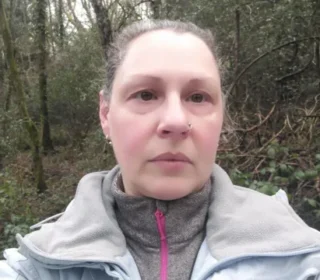Researchers at Mayo Clinic have made a groundbreaking discovery in the fight against aging bones. A recent study published in Nature Medicine reveals that senolytic drugs, specifically a combination of dasatinib and quercetin, can enhance bone health in older women with high senescent cell counts.
What Are Senescent Cells?
Senescent cells, also known as “zombie cells,” are damaged cells that lapse into a state of dormancy. These cells contribute to inflammation and tissue damage associated with aging and chronic disease.
The Study: Targeting Senescent Cells
The 20-week, phase 2 randomized controlled trial involved 60 postmenopausal women who took a combination of dasatinib and quercetin (D+Q) intermittently. The results showed:
- Improved bone formation
- Increased bone mineral density at the wrist
- Reduced bone resorption (breakdown and removal of bone tissue)
However, the benefits were primarily observed in women with high senescent cell counts.
Tailored Treatments: The Future of Anti-Aging
Lead author Dr. Sundeep Khosla emphasizes that senolytic drugs may not be universally effective and should be tailored to individuals with high senescent cell counts.
“More research is needed to identify people who may benefit from senolytic treatments and to develop more specific and potent senolytic drugs.”
Broader Implications
Senolytic drugs may also be useful against certain diseases, such as:
- Idiopathic pulmonary fibrosis
- Dementia
- Diabetes
- Heart disease
Conclusion
The study offers new hope for aging bones and highlights the importance of targeted treatments. As research continues to unravel the mysteries of aging, we move closer to developing effective therapies for age-related diseases.
Sources:
- Mayo Clinic Research
- Nature Medicine
- National Institutes of Health
Related Articles:
- The Science of Aging: Understanding Senescent Cells
- Breakthroughs in Anti-Aging Research: What You Need to Know
- The Future of Medicine: Targeting Aging Cells for Better Health
Share Your Thoughts:
What do you think about this groundbreaking study? Share your thoughts in the comments below!

















